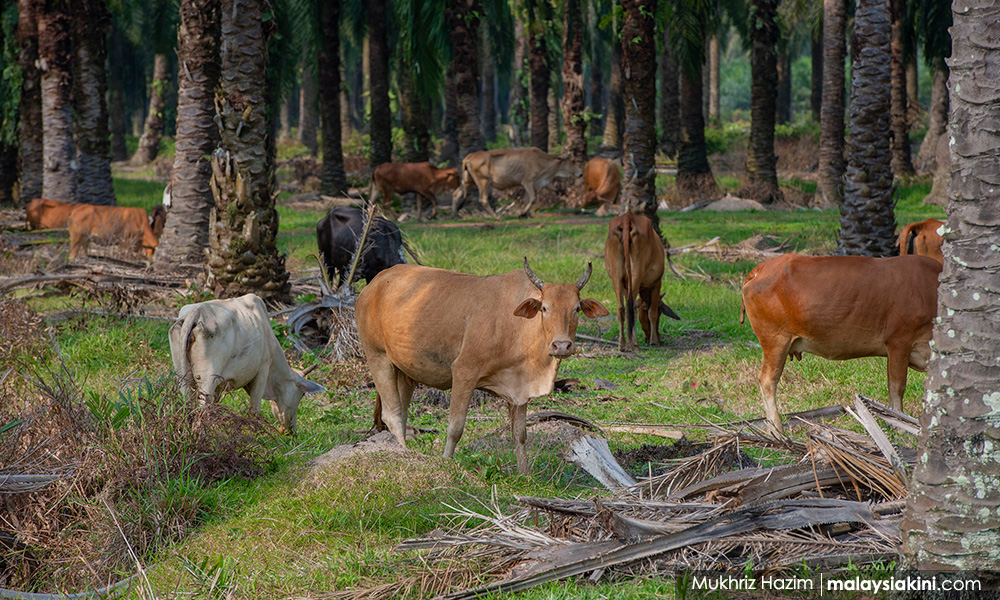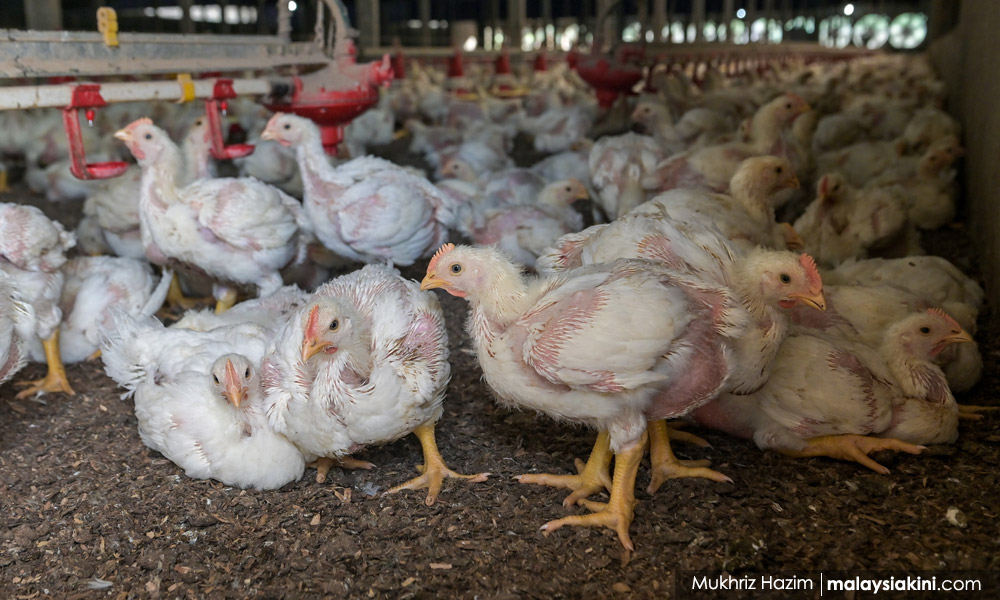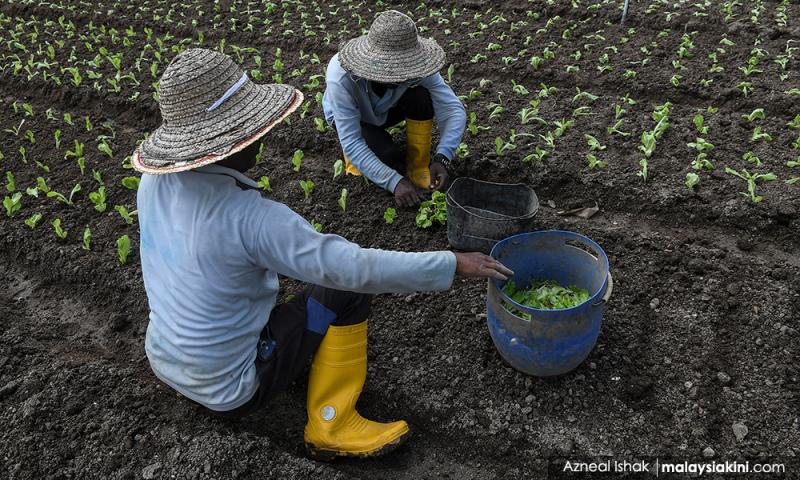LETTER | Food security: Where did we go wrong?
LETTER | Today, food is the biggest piston of trade.
According to a World Bank report, “Agricultural development is one of the most powerful tools to end extreme poverty, boost shared prosperity, and feed a projected 10 billion people by 2050.
Growth in the agriculture sector is two to four times more effective in raising incomes among the poorest compared to other sectors.”
In its October 2023 report, it stated that “in 48 countries, 238 million people are facing high levels of acute food insecurity - 10 percent more than in 2022”.
Further, the role of smallholders remains a fulcrum for food production.
It has been widely reported that smallholder farmers (defined generally as being less than 2ha) produce 70-80 percent of the world’s food. They produce more food crops than larger farms (Horrigan et al, 2002, Naylor et al, 2005).
The year 2014 was declared the “International Year of the Family Farm”, with the United Nations and other food security agencies reiterating arguments to garner increased support for family farmers, who are predominantly smallholders (Food and Agriculture Organization, 2014).
Now let us walk down the past six decades of Malaysian pursuits to bring development.
Have the predominantly Umno-led governments, not forsaken agriculture and animal husbandry all in the name of bringing progress to the nation?
A nation endowed with all the blessings of mother nature failed to capitalise on the numerous varieties of crops - from vegetables to fruits that thrived in abundance.
From pucuk paku to petai, and a variety of native fruits like langsat, duku, durian belanda, and manggis, to name a few, our land was teeming with these crops.
Was giving up agriculture worth it?
Once upon a time, you could easily see these crops in abundance even right here in Pasar Sentul in the federal capital.
We abandoned the humble cow and goat herds in exchange for vast tracks of land to build factories - many of which are on the brink of shutting down or we are desperately fighting a tough battle to attract investments.

Coconuts, sugar cane and tapioca, for example, have blossomed in several nations, earning good revenue and providing meaningful occupation to millions of citizens.
We mowed the smallholders’ farms to build megastructures, shop lots and business centres. Many of these buildings are abandoned, dilapidated structures today and are visible to any keen examiner.
We took the route of industrialisation and thought our car and motorbike manufacturing would scale and dominate the world market. Did we?
Today, our leaders are begging investors to come and give us jobs.
If only we had been humbler in our pursuits and capitalised on the natural resources and concentrated on the power of smallholders. No, we did not!
If only we had seen the future back in the early 1970s and protected our crops and animal husbandry by empowering the smallholders’ families with the right infrastructure. No, we thought otherwise!
We chose to go big, clearing pristine forests and planting large-scale oil palm plantations.
And soon found ourselves trapped with a huge migrant worker population that now measures a quarter of our population.
Is it too late for a reset?
Today as the world grapples with geopolitical challenges as well as global food security issues, Malaysia could have been the oasis of hope to the world - showering shared prosperity and wealth to its citizenry.
Our smallholders could have generational incomes secured. Our forests could be the world’s preferred magnet for wildlife adventures and ecotourism.
We may not have been New York or London (which we never will be, in hindsight) but we do know that we could have a pivotal food basin positioned on the world map.
With modern advances in medicine rediscovering the powers of native plants and fruits, Malaysia would have been a prime supplier too.

We certainly took the Mahathirism route to modernise a dream Malaysia only to find that Wawasan 2020 would never be.
We lost our smallholder farming strengths. We nudged out our animal husbandry - from goat to cattle rearing including losing our ayam kampung.
We sent our kids to universities selling sciences and business studies that could not transform the nation into another Japan or China, let alone the US or Germany.
Now, is it too late to reset our national goals and redraw the future economic map of Malaysia?
Let us have a healthy discourse to make the right turn.
The views expressed here are those of the author/contributor and do not necessarily represent the views of Malaysiakini.
RM12.50 / month
- Unlimited access to award-winning journalism
- Comment and share your opinions on all our articles
- Gift interesting stories to your friends
- Tax deductable
